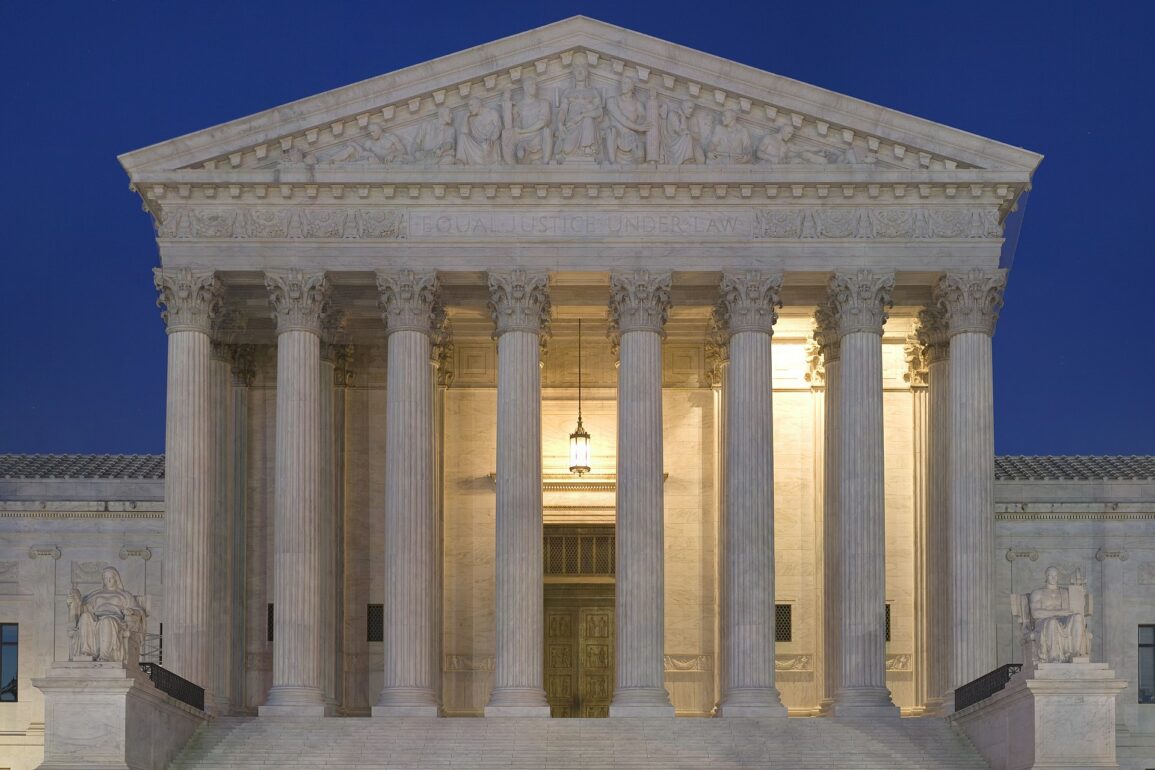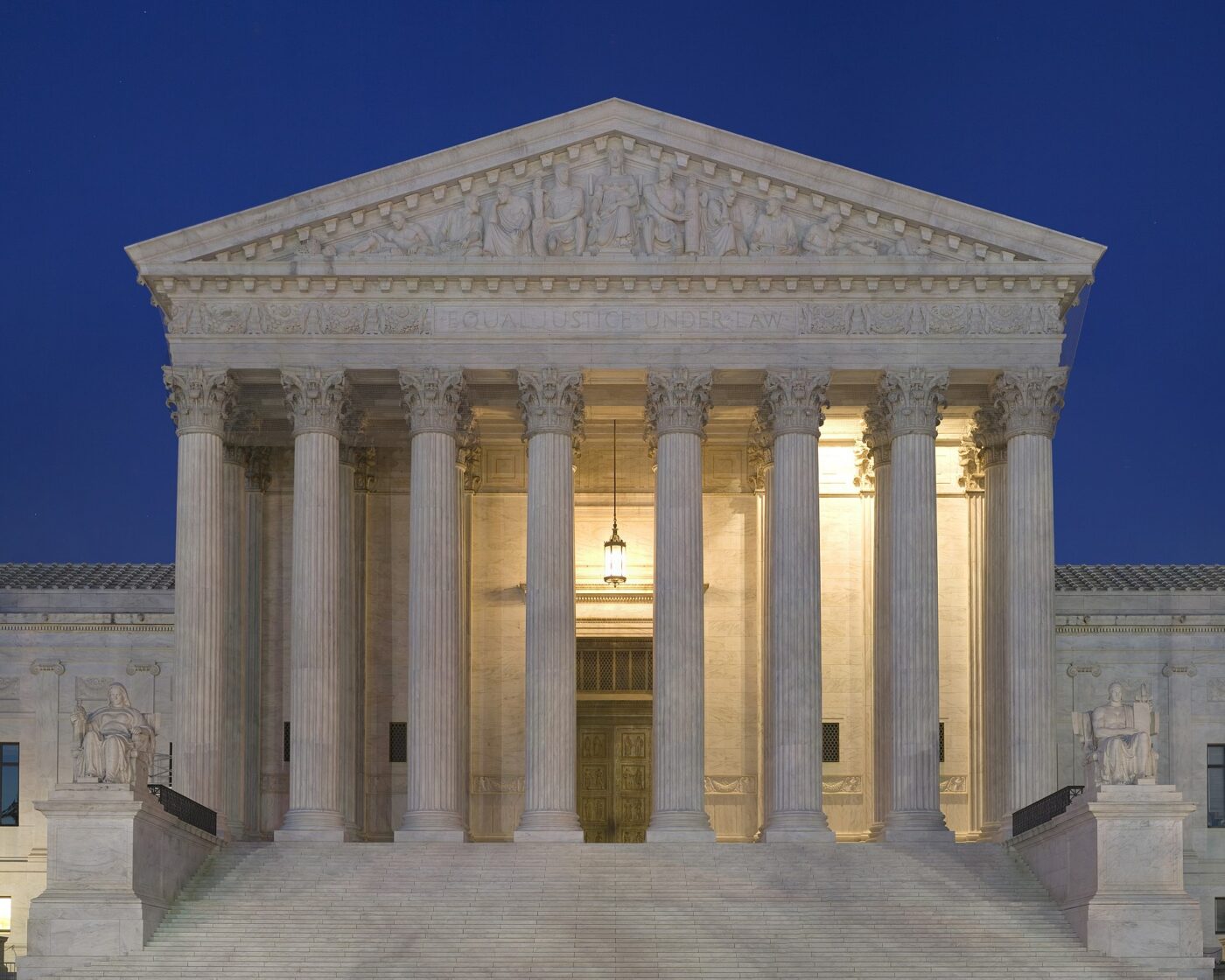The Supreme Court on Monday declined to hear a challenge from former Kentucky clerk Kim Davis, effectively leaving in place the 2015 Obergefell v. Hodges decision that legalized same-sex marriage nationwide.
Davis, who was sued after refusing to issue marriage licenses to a gay couple just days after the Obergefell ruling, had asked the Court to grant her immunity from paying $100,000 in damages awarded for emotional distress. An appeals court previously rejected her request, prompting her final appeal to the nation’s highest court.
The Court issued only a brief order declining to take up the case, offering no explanation. Davis had argued that Obergefell “created a new constitutional right out of whole cloth” and had “ruinous consequences for religious liberty.”
The 2015 ruling, authored by then-Justice Anthony Kennedy, found that same-sex couples were entitled to the same legal recognition of marriage under the Constitution’s due process and equal protection clauses.
The decision, decided by a narrow 5–4 margin, remains one of the most far-reaching in modern constitutional law.
Since then, the Court’s ideological makeup has shifted significantly. Its 2022 decision overturning Roe v. Wade renewed debate over whether other landmark rulings—such as Obergefell—might be reconsidered. Justice Clarence Thomas has openly called for the Court to revisit that precedent, arguing that it has strained the boundaries of constitutional interpretation.
For now, however, the justices’ refusal to take up Davis’s case leaves Obergefell untouched, even as conservatives continue to warn that the ruling came at the expense of Americans’ religious freedoms and the right to dissent on matters of faith and conscience.
[READ MORE: Justice Jackson Grants Reprieve to Trump Administration on SNAP Payments]



